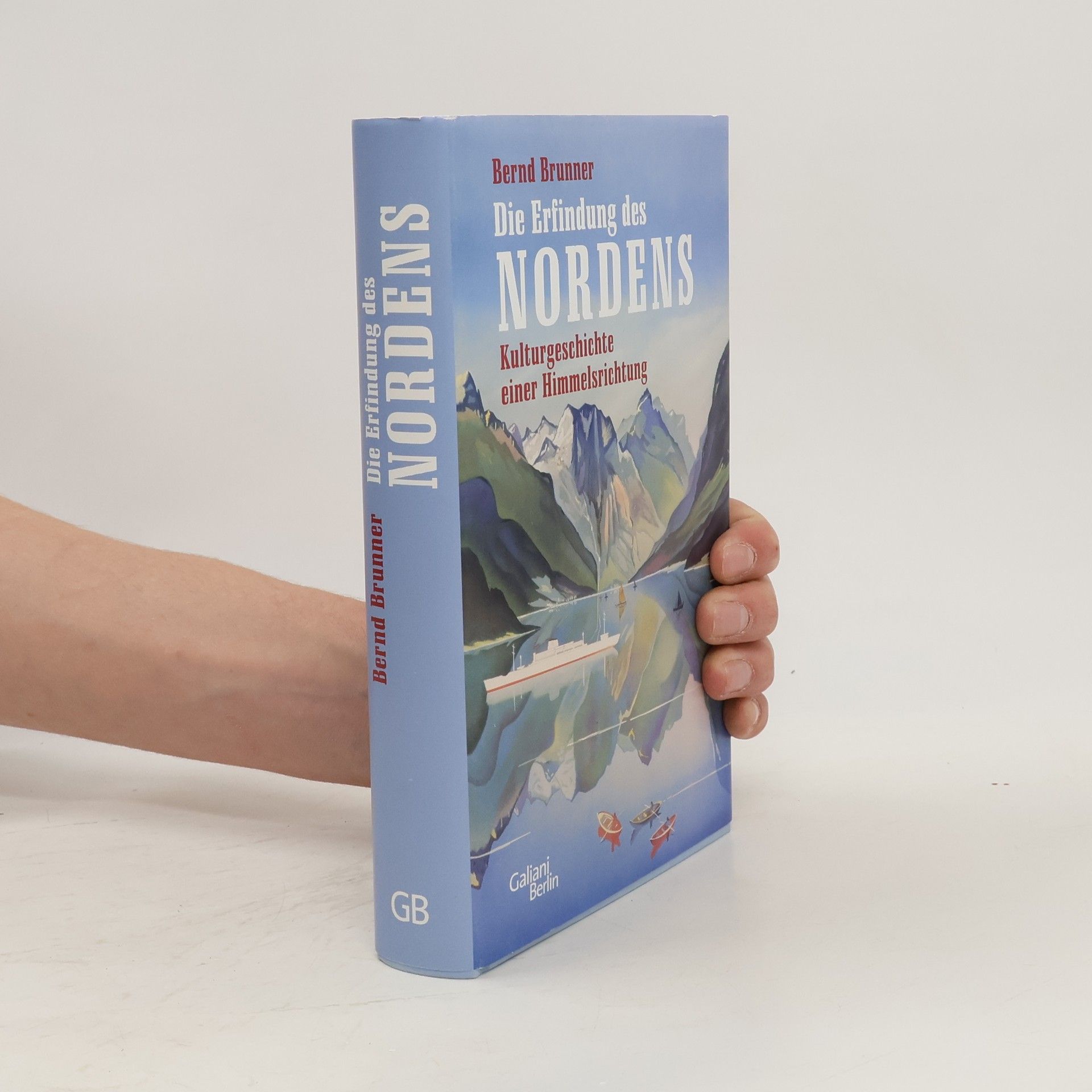Histoire illustrée de l'aquarium
- 180pages
- 7 heures de lecture
Si les hommes conservent des poissons dans des bassins et des viviers depuis l'Antiquité, l'invention de l'aquarium au XIXe siècle représente une innovation fondamentale. À la fois outil scientifique, élément de décor et support pédagogique, l'aquarium rend alors possible la reproduction d'un biotope complexe, la maintenance d'une grande variété d'espèces et leur observation.Dans cette Histoire illustrée de l'aquarium, Bernd Brunner, auteur reconnu d'ouvrages d'histoire naturelle, retrace de façon documentée et abordable les différentes étapes de sa création et les circonstances techniques, sociales et culturelles qui ont accompagné la rapide popularité de l'aquarium.En s'installant dans nos maisons, l'aquarium a contribué non seulement à notre bien-être, mais a joué – et continue de le faire – un rôle déterminant dans la connaissance de la nature et dans l'appropriation par tous des thématiques environnementales.






